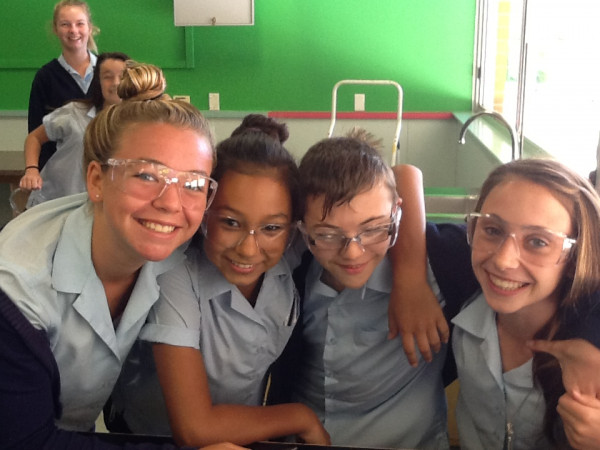The NSW school curriculum is under review, and this is the first comprehensive review of the whole curriculum since 1989. As part of the public consultation process Family Advocacy had the opportunity to provide comment on the NSW Education Standards Authority (NESA) - NSW Curriculum Review through the lens of a student with disability. Our submission was premised on 27 years of experience working with families in the education system in NSW, collaborating with the Department of Education, and our widespread knowledge of international research in the field of inclusive education.
The cornerstone to our submission is that the curriculum for NSW schools needs to be an inclusive curriculum that ensures all learners including those students more vulnerable through disability, socio economic level, refugees and any marginalised groups have parity of access and ability to flourish.
Maintaining a fair and inclusive education system is one of the most powerful levers available to make society more equitable[1], accepting and valuing our differences. The aspiration for an inclusive education in a physical, social and curricular sense is now steeped in policy work at a state, national and international level mapping specific pathways towards this goal.
Essential to the success of an inclusive curriculum is the need for student/parent voice and collaboration. Not only does this approach benefit children with a disability but all children will be known, valued and cared for.
One of the points we discuss in our submission is the unintended but definite consequence of the Life Skills pathway: it creates a barrier to an inclusive curriculum for students with disability and limits their schooling and post schooling opportunities. As a clear priority, we want NSW to be a place where disability does not mean exclusion and segregation and as such we strongly recommend for the Life Skills pathway to be removed.
Given the findings of the recent Parliamentary inquiry on education and children with a disability, we believe it is vital that NESA take action to promote a common learning environment with a flexible curriculum delivery, flexible teaching strategies (for example UDL, differentiated instruction, cooperative learning and peer tutoring), flexible assessment and reporting, a focus on getting to know the individual and meeting them where they are.
Action is needed to lift the capacity of the education system to provide accessible and appropriate education to students of all ages with a disability or diverse learning needs in NSW. “Children that learn together, learn to live together”.
Click here to download Family Advocacy’s submission to the 2018 NSW Curriculum Review.
[1] Field, S, Kuczera, M & Pont, B 2007, No more failures: Ten steps to equity in education, OECD, Paris

